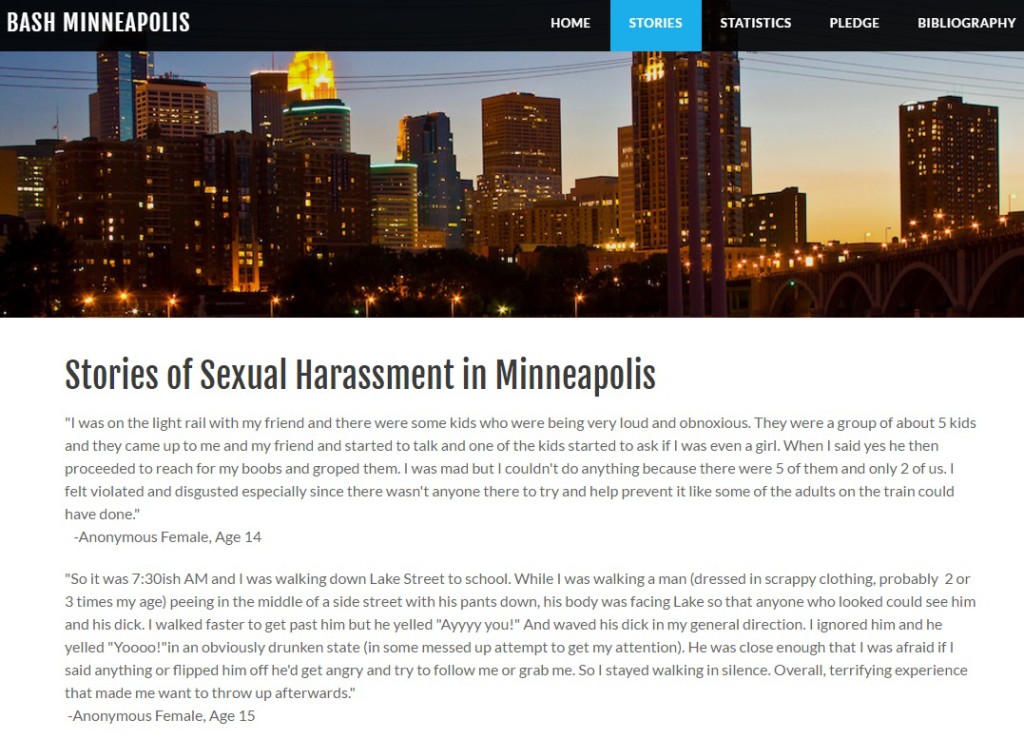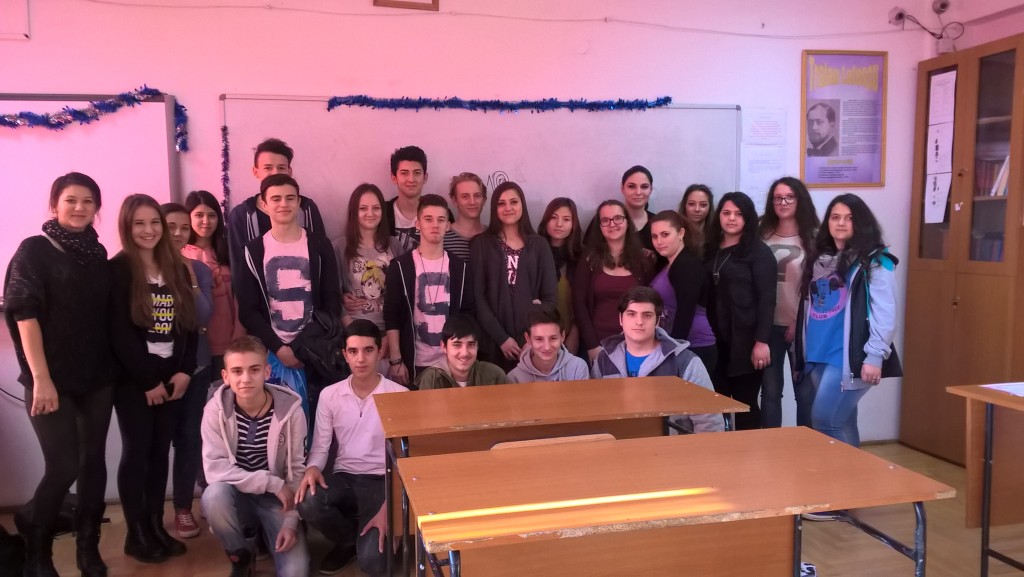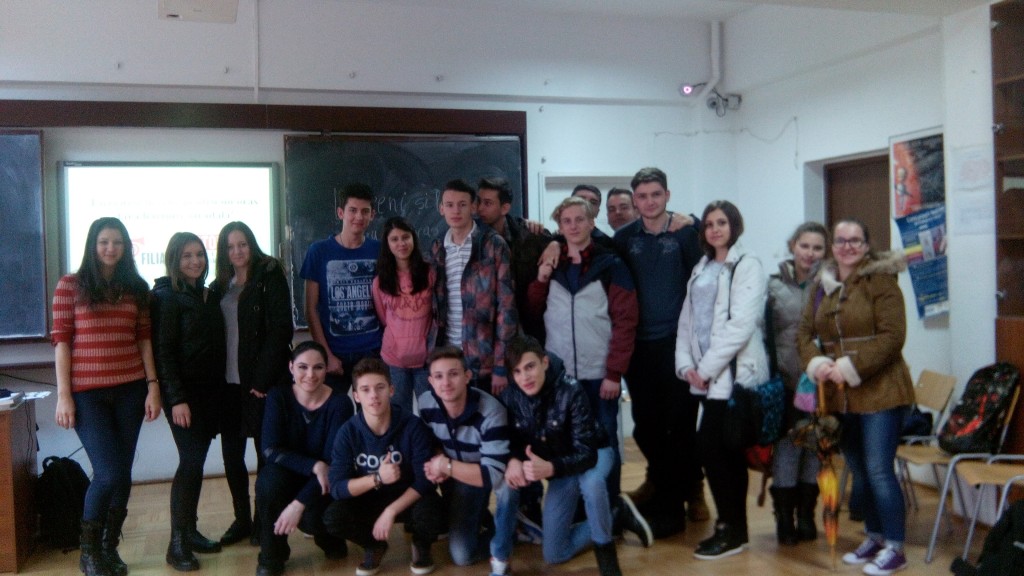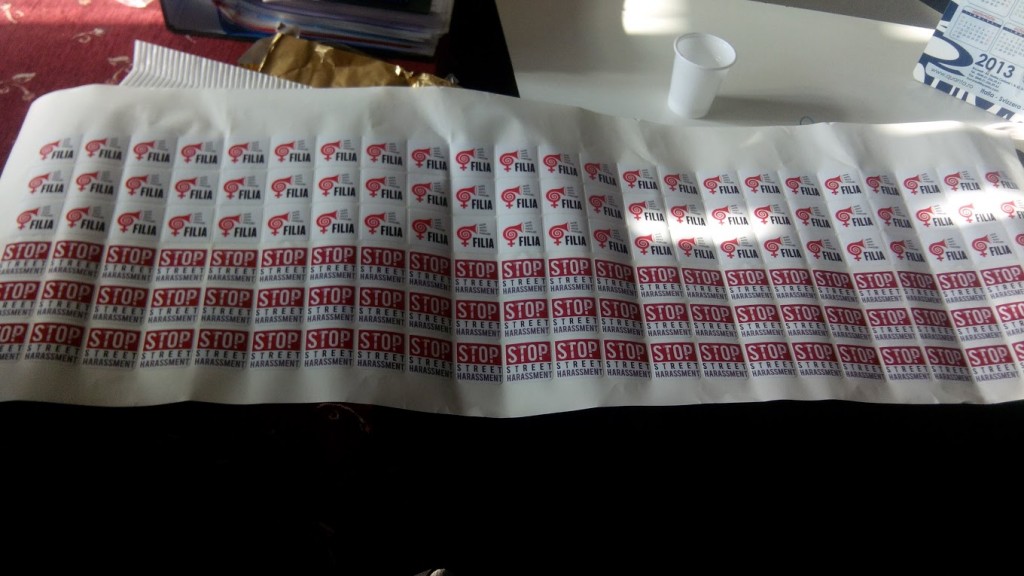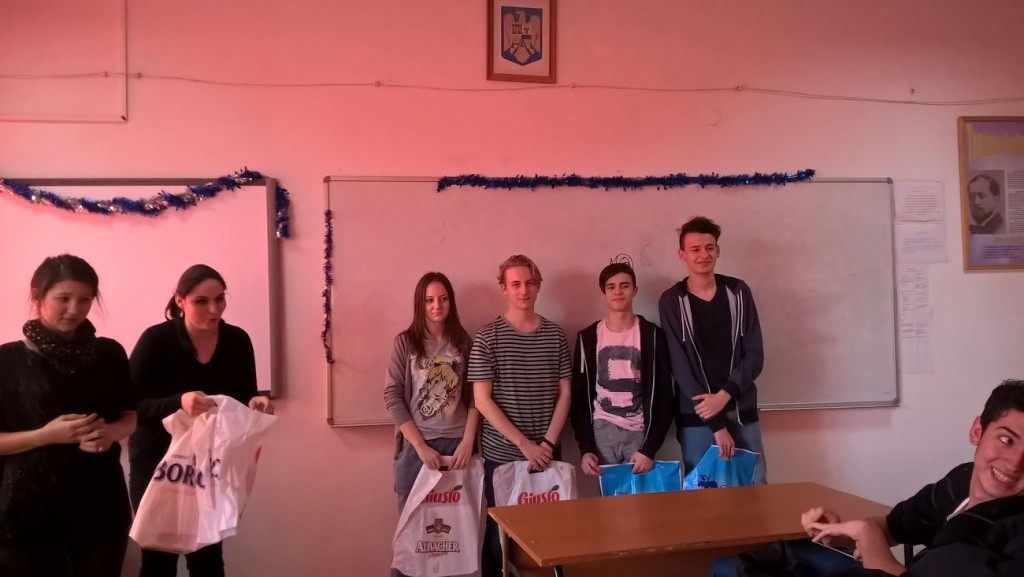Isha Raj-Silverman, San Diego, CA, USA, SSH Blog Correspondent
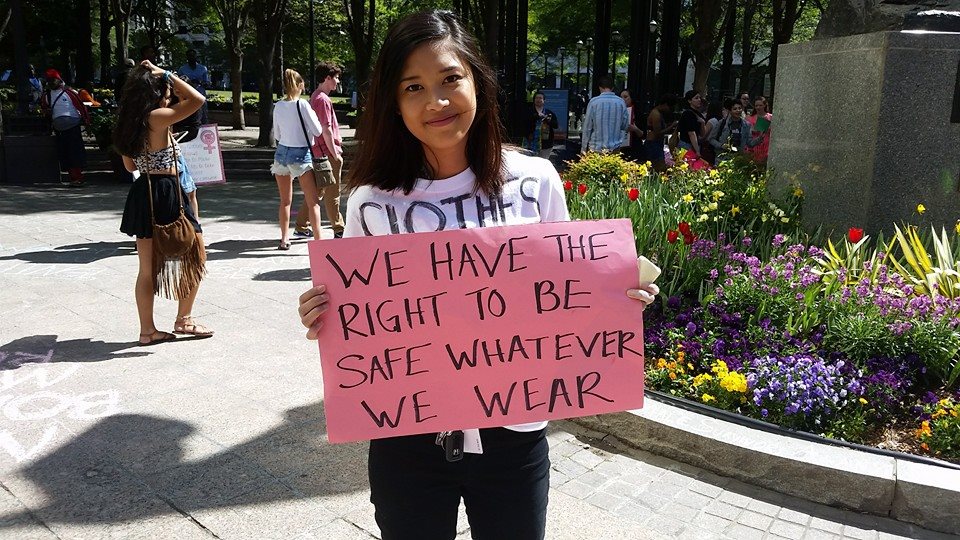
I was fourteen years old when I first experience street harassment. Granted, the perpetrators were young- high school, maybe college-aged young men outside an ice cream parlor – but it was still a devastating reminder at a very young age that not everyone believed my body was my own.
Three-and-a-half years later, I can still see that moment as clearly as if it were yesterday. I remember the flood of fear and the urge to hide. I remember putting my head down and walking quickly away and not acknowledging that anything had happened. I remember exactly what I was wearing and which textbook I clutched tighter to my chest. I remember changing my after school routine to try to keep it from happening again. I doubt a single one of those boys remember that moment.
Moments like that one define the experience of walking down the street for every teenage girl I know, and as a senior in high school, I know a lot of teenage girls. Street harassment defines where we walk, when we walk, and who we walk with. We know not to walk past the bars, or walk alone at night. This we learned from experience, but we also learned it from our mothers and grandmothers and older sisters. Women are taught prevention, rather than teaching men not to be perpetrators (there is a minority of cases which have been perpetrated by women and/or had male victims, but these are not the subject of this piece). In my experience, this has been nearly as damaging as harassment itself.
From the time I hit puberty in late elementary school, my mother began drilling into my head how to dress to “minimize male attention.” I have worn baggy clothes and ill-fitting sweatshirts and conservative one-piece bathing suits for years in a futile quest not to be harassed. In the past year, I have begun dressing in ways that make me feel more attractive, and which are often tighter than the clothes chosen by my mother for so many years. The amount I have been harassed has been virtually unchanged, but I continue to struggle with body image as it relates to the male gaze. I am constantly worried that I either look frumpy or provocative, because I cannot lose the voice in the back of my head telling me that tighter clothes will make men notice me in ways that will make me uncomfortable, but I cannot help but feel unattractive in shapeless clothing clearly meant for those much older or younger than me.
It is often the fear of what might happen rather than the fear of what already has that keeps me off certain streets or causes me to dress differently in different places. And if I do something I was told was “wrong” and am harassed, this behavior makes me blame myself. Our prevention behavior is well-meaning victim blaming. It doesn’t get to the root of the problem, and it institutionalizes a belief that our behavior invites comment.
Our bodies are our own. We should be able to dress them up however we like and take them wherever we like with whomever we like, and that should never be up to the judgement of others, and certainly not strangers in the street. When we define behavior as dangerous we say that if we didn’t do it we would be safe. And we give perpetrators an excuse. Telling someone not to wear a tight or low-cut top is the same as asking, “but what were you wearing?”
We need to stop trying to explain away sexual harassment. It’s wrong and people need to stop doing it. No matter where someone is walking, what they are wearing, and with whom they are walking. It is not their responsibility to behave differently to prevent harassment, it is the responsibility of harassers to stop harassing. Period. End of story.
Isha is a high school senior at La Jolla High School in San Diego, California. She is a local activist on various women’s issues, but particularly sexual harassment and assault. She has organized her high school’s sexual assault awareness campaigns as president and founder of La Jolla Girl Up.

